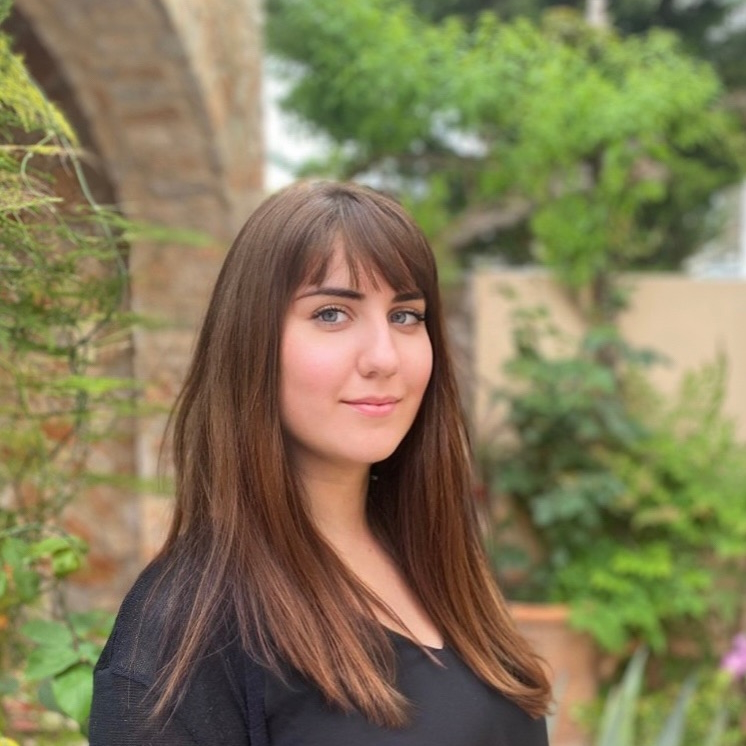
Eleni Kyrkopoulou is a researcher specializing in immigration, social identity, and education. She explores how migration shapes public opinion and policy responses, with a particular focus on reducing perceived social and cultural distance between groups. Her work combines insights from observational and experimental data as well as real-world case studies to identify strategies that foster social cohesion and inform policy recommendations. Eleni is an affiliated researcher with the Identity & Conflict Lab (iCL) at Yale University and also holds research positions at the Hellenic Observatory at the London School of Economics and the Department of Economics at the University of Piraeus. She has collaborated with leading institutions across Europe and the UK.
Crises—whether economic downturns, conflicts, health or humanitarian emergencies—often exacerbate perceived distance between social groups, reinforcing divisions along ethnic, cultural, and political lines. Migration, in particular, is frequently framed as a crisis, fueling narratives of "us" versus "them" that shape public opinion and policy responses. But what drives these perceptions of distance? And how can they be reduced? This talk explores how perceived social, cultural, and economic distance between groups is constructed—and how it can be dismantled. Drawing on public opinion research, experimental data, and real-world interventions, I highlight key mechanisms that either amplify or bridge divides: from media narratives and political rhetoric to shared spaces, personal contact, and cultural storytelling. Importantly, I argue that the close collaboration between scientists and museums and cultural institutions can play a critical role in reducing perceived distance. I show how strategic framing, interactive exhibitions, and participatory storytelling can foster empathy, counter misinformation, and create common ground, even in polarized societies. As crises become more frequent and and migration remains a defining feature of our era, understanding how to bring groups closer together, rather than push them further apart, is more urgent than ever.